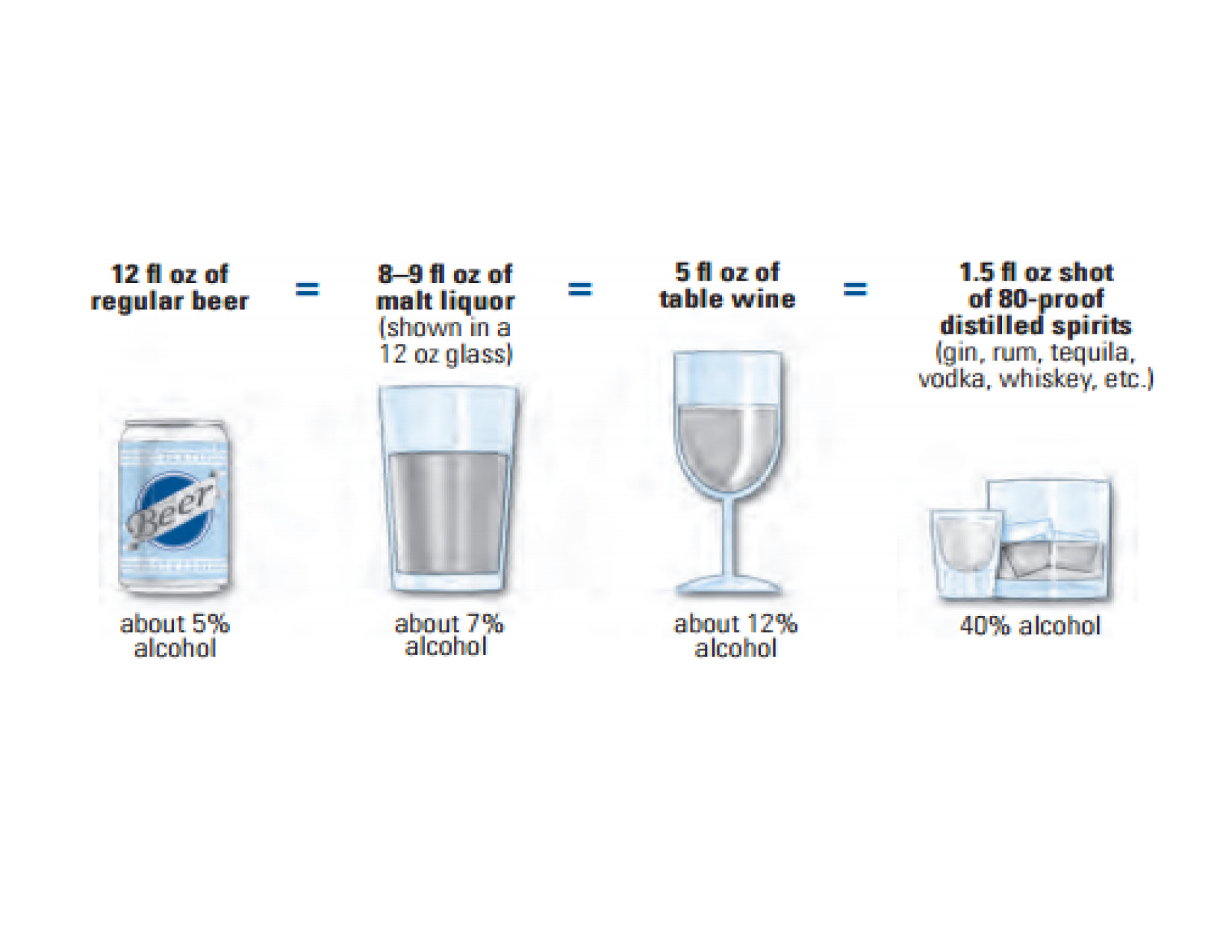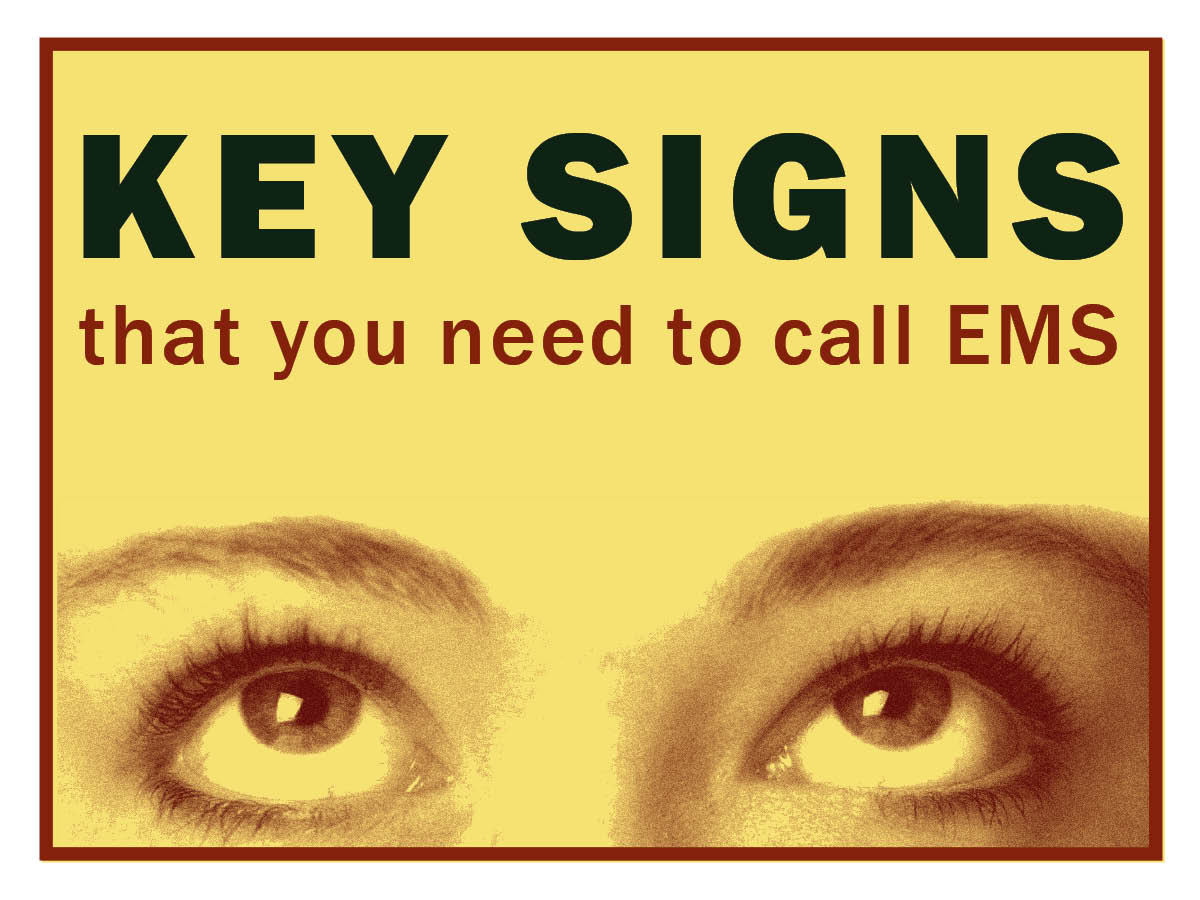A person's experience with alcohol's effects on the body is in part determined by their sex assigned at birth. According to research, a cisgender woman or person assigned female at birth will feel the effects of alcohol more than a cisgender man or person assigned male at birth, even if they are the same weight. There is also increasing evidence that people assigned female at birth are more susceptible to alcohol's damaging effects than are those assigned male.
Please note that if you are taking hormones as part of a gender affirming process, you may find that your experience with alcohol's effects on your body will change but there is not adequate research as yet to describe the full scope and variability of these effects.
Below are explanations of why our bodies process alcohol differently based on our sex assigned at birth:
Ability to dilute alcohol
Cisgender women and those assigned female at birth have less body water (52% v. 61%). A body with more water will automatically dilute the alcohol more, even if the two people weigh the same amount.
Ability to metabolize alcohol
Cisgender women and those assigned female at birth have less dehydrogenase, a liver enzyme that breaks down alcohol, meaning they will break down alcohol more slowly.
Hormonal factors
In people who menstruate, premenstrual hormonal changes cause intoxication to set in faster during the days right before a menstrual period. Birth control pills or other medication with estrogen will also slow down the rate at which alcohol is eliminated from the body.
Susceptibility to long-term alcohol-induced damage.
Studies have shown that cisgender women and those assigned female at birth who are heavy drinkers are at greater risk of liver disease, damage to the pancreas and high blood pressure. Research also tells us that proportionately more cisgender women or those assigned female at birth die from cirrhosis than do cisgender men or those assigned male.









